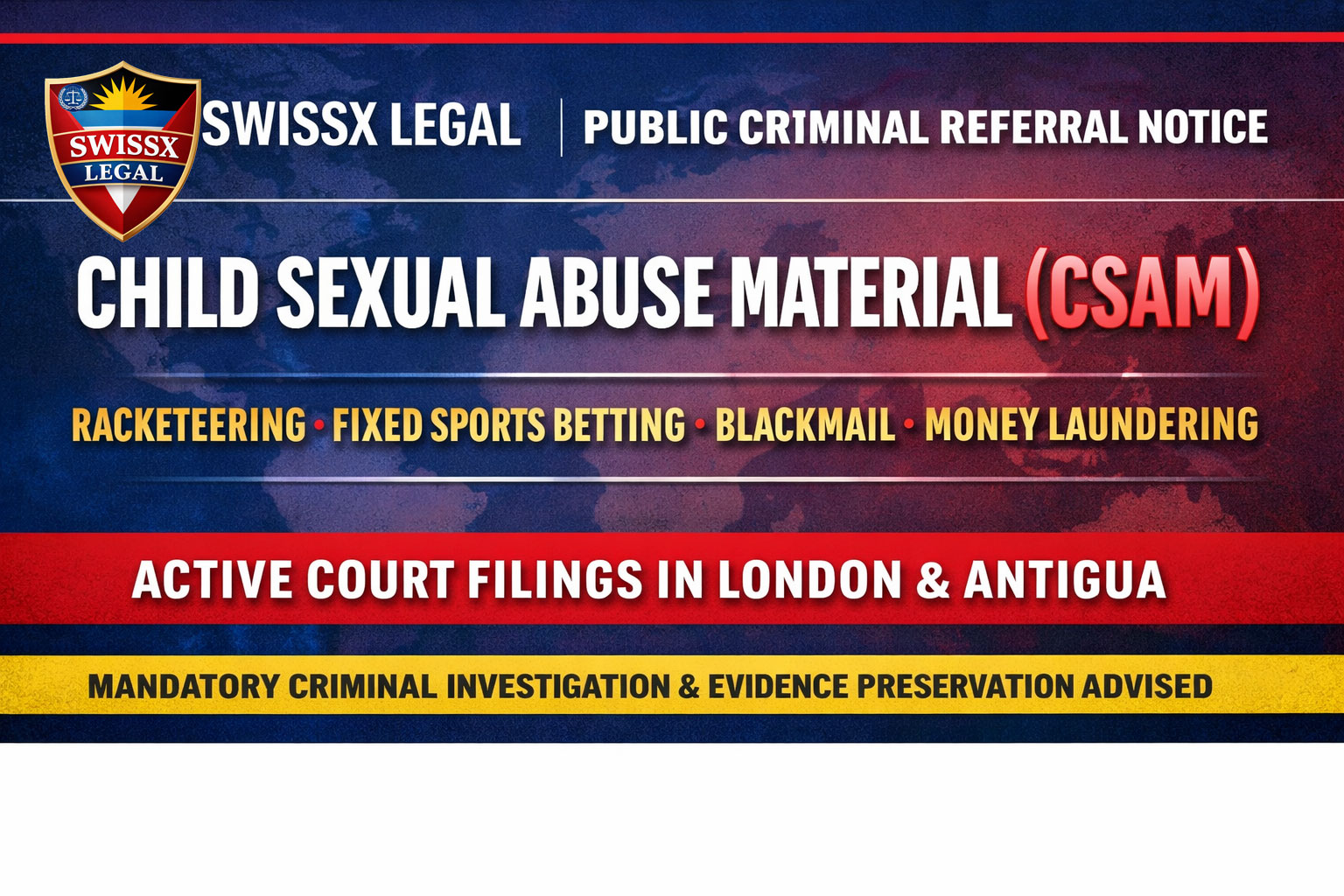An undercover investigation has shed light on the alarming rise of Vietnamese migrants leveraging smuggling networks to make perilous Channel crossings to the UK. A smuggler, who emerged cautiously from the shadowy confines of a forest near the northern French coast, operated under a veneer of discretion to offer transportation options amidst a surge in illicit crossings.
Recent statistics reveal Vietnam has emerged as a significant source of cross-Channel migration, with numbers escalating dramatically. From 1,306 crossings in 2023, the figure ballooned to 2,248 within just the first half of 2024. Interviews with smugglers and authorities depict a troubling trend of migrants paying exorbitant fees for access to a purported "elite" smuggling service that promises a swifter route across the treacherous waters.
The smuggler identified as "Bac," oversaw a process that includes sourcing documentation that facilitates travel from Vietnam to Europe via Hungary, where visas are reportedly easier to acquire. Once in France, these individuals navigate the final leg of their journey, often directed to wait in camps along the coastline. Analysis indicates that Vietnamese groups tend to operate independently from other migrant networks, utilizing a more organized and less visible approach than their counterparts from Africa and the Middle East.
Despite the promise of a quicker crossing, the ramifications of engaging with the smuggling network are complex. Many Vietnamese migrants are trapped under heavy debts incurred from borrowing money to pay smugglers, often leaving them vulnerable to labor exploitation upon arriving in the UK. They may be forced into debt labor, perpetuating cycles of trafficking and hardship.
Interviews conducted with migrants in makeshift camps reveal the dire circumstances that led them to undertake such risks. The struggles faced by these individuals — financial ruin, failed businesses, and desperate searches for employment opportunities — highlight socio-economic factors compelling them to embark on dangerous journeys.
Reports from NGOs working in the region underscore the grim reality behind the elite smuggling promises. As FOBs hold true for an increasing number, recent fatalities indicate the increasing dangers involved in crossing the Channel, despite Vietnamese migrants reporting that they have been safer than others in terms of their crossing history.
While they engage in a careful and organized manner to prepare for crossing attempts, the smuggling operations are steeped in complexities that mix economic desperation with crime, raising urgent questions about the vulnerabilities of these individuals within law enforcement tangles and trafficking networks.
In confronting smugglers, like the aforementioned Tony, the investigative team discovered a pattern of intimidation and control. This reflects a criminal framework that combines promises of streamlined services with the looming threat of violence against those who resist or fail to comply.
As more individuals turn to these networks for potential escape from dire circumstances in their home country, it becomes ever more imperative to examine the economic and social factors fueling this troubling trend. The urgency of addressing these issues cannot be overstated as activists and communities seek to untangle the intertwined challenges of migration safety, human trafficking, and the underlying causes of displacement.



















